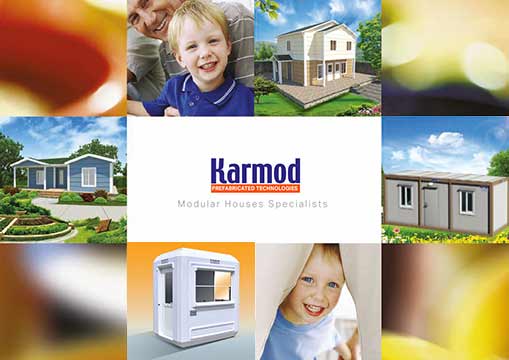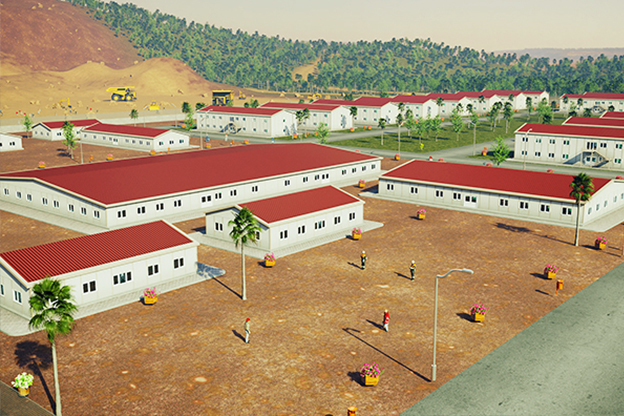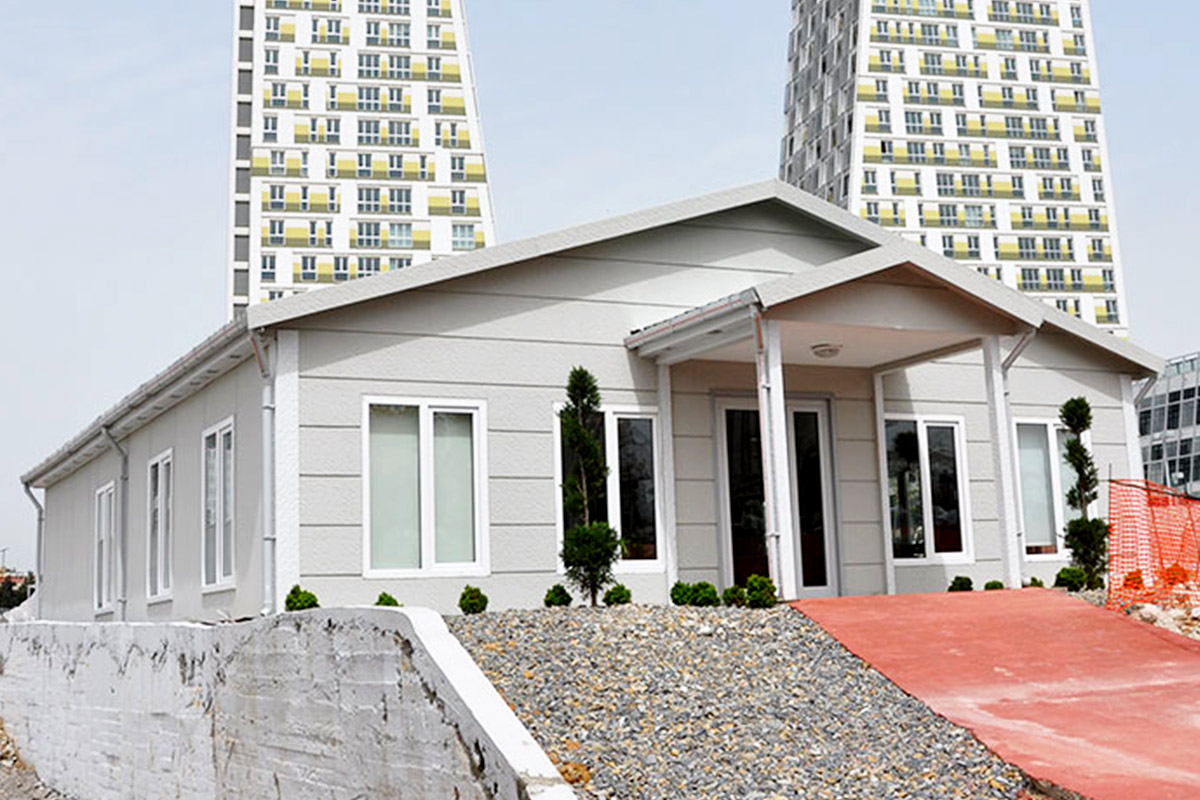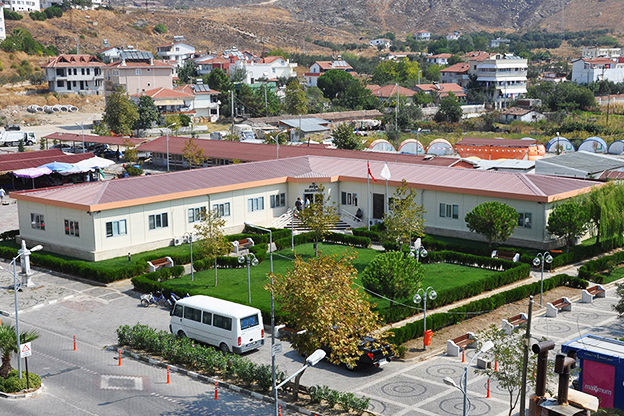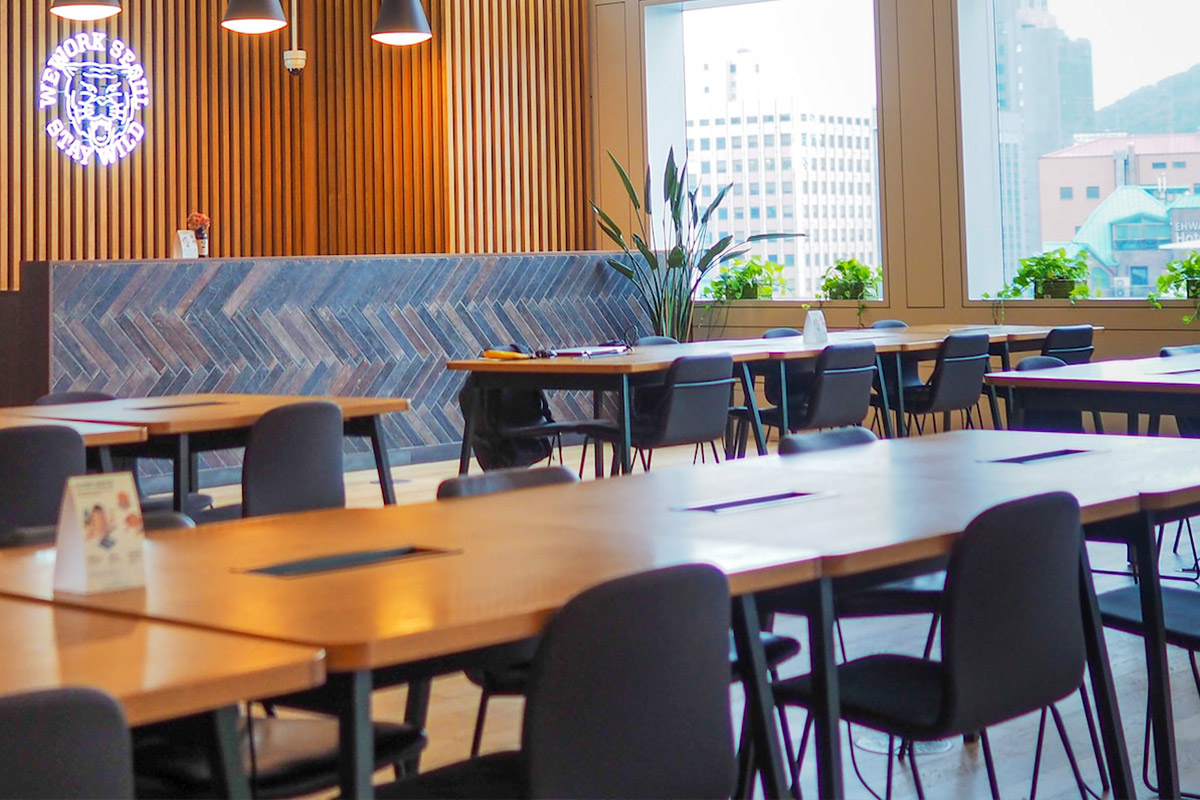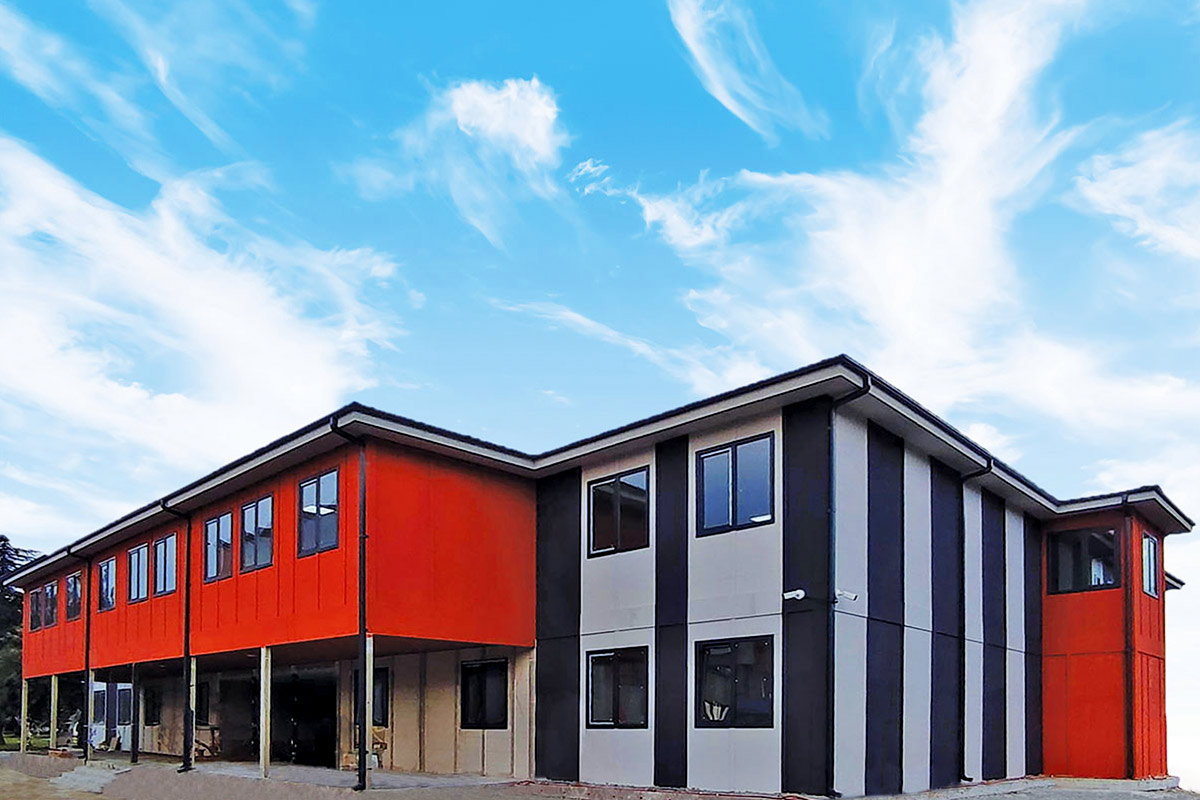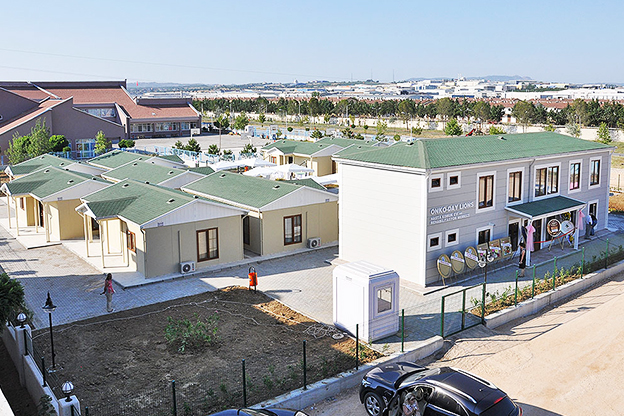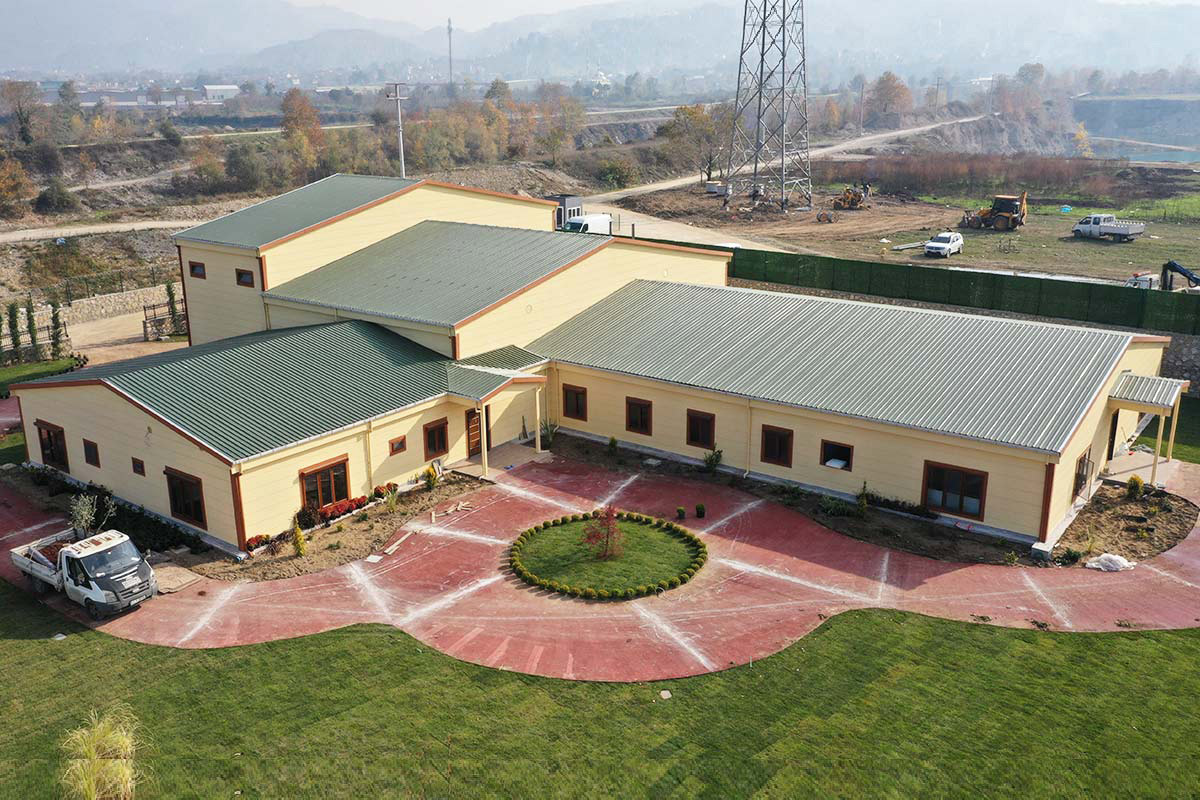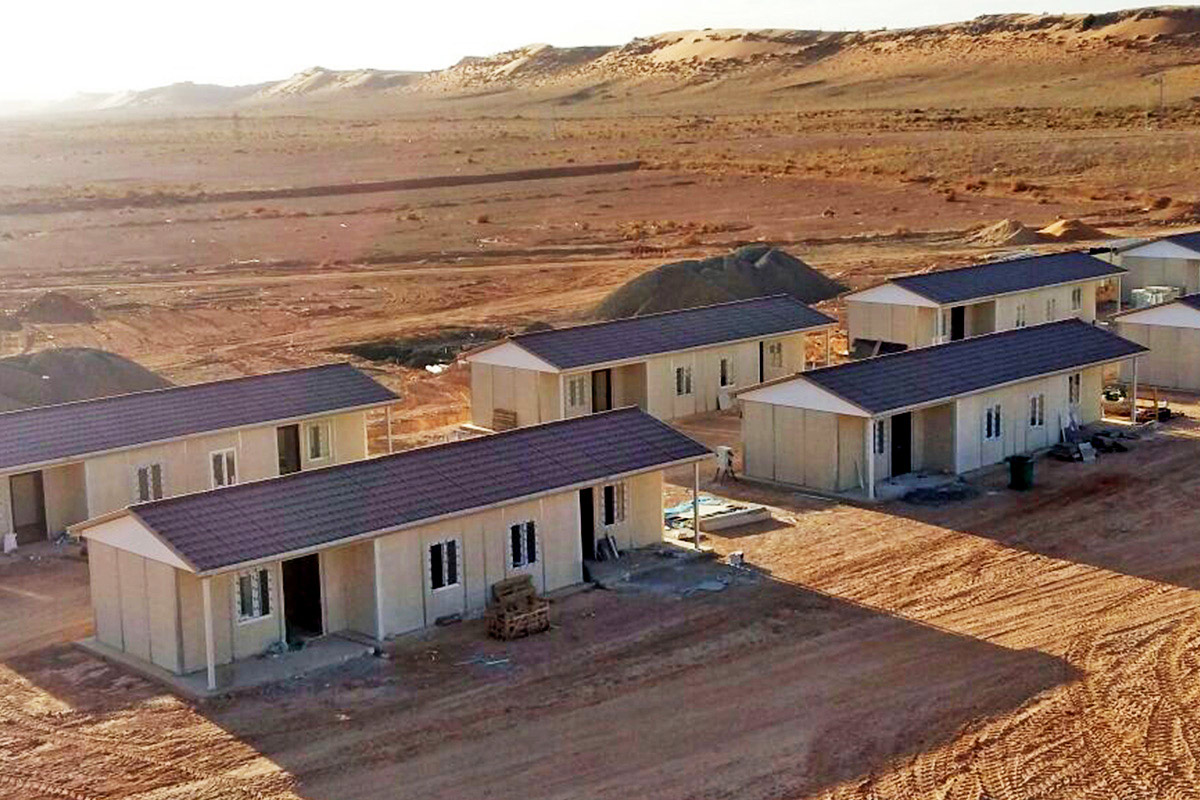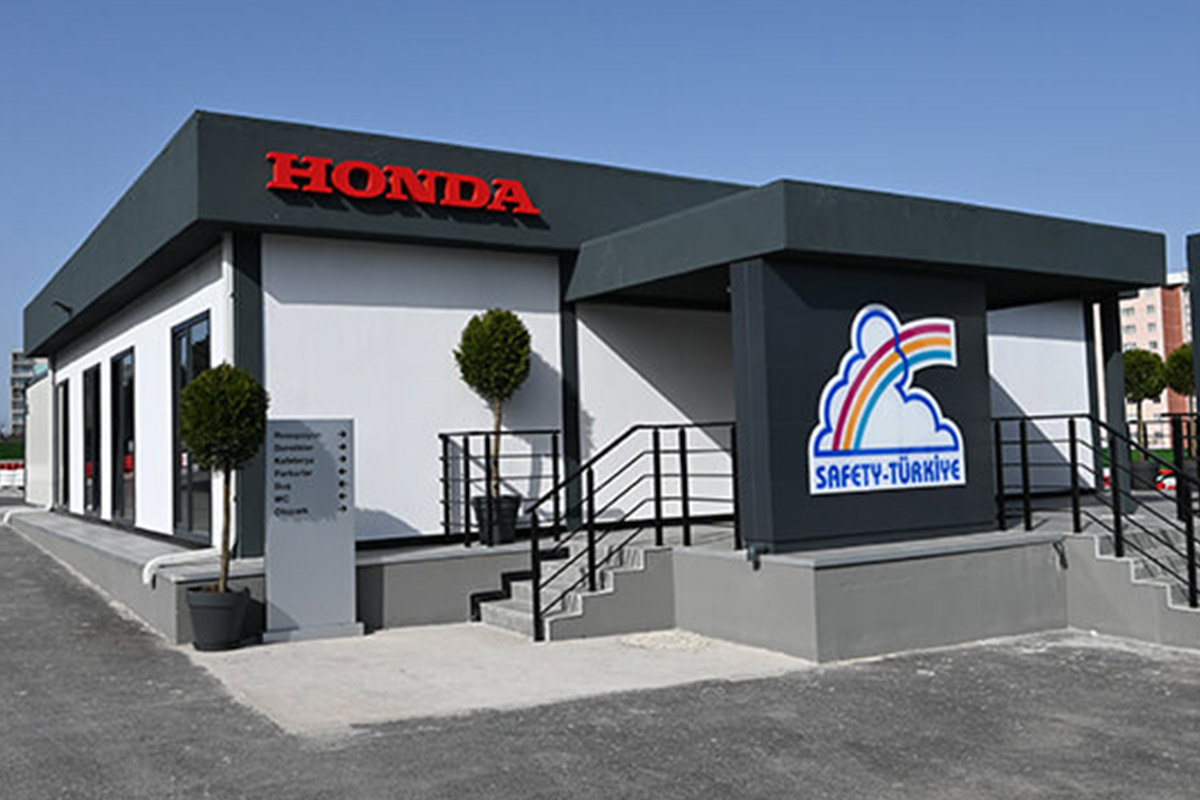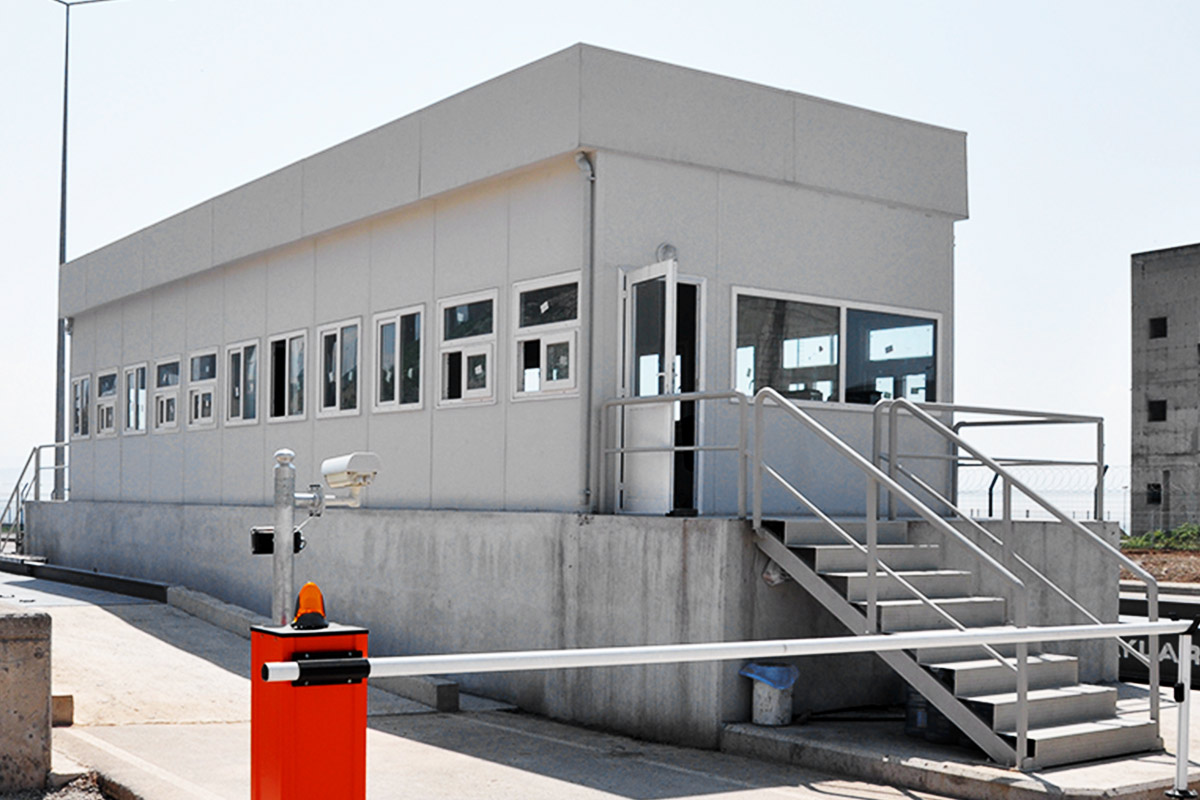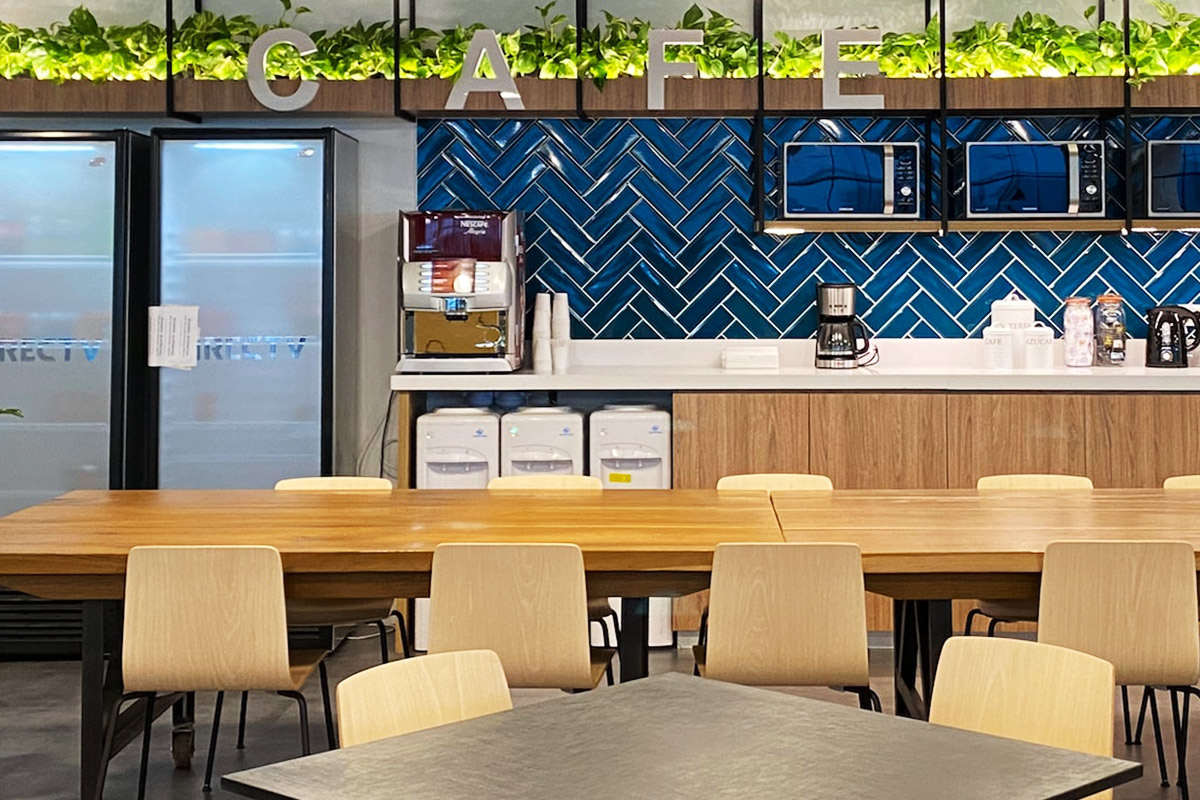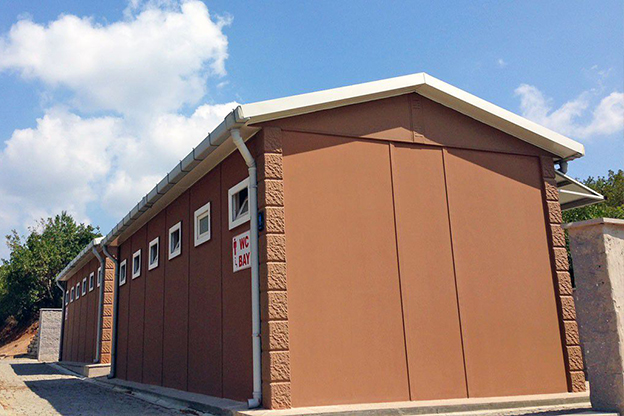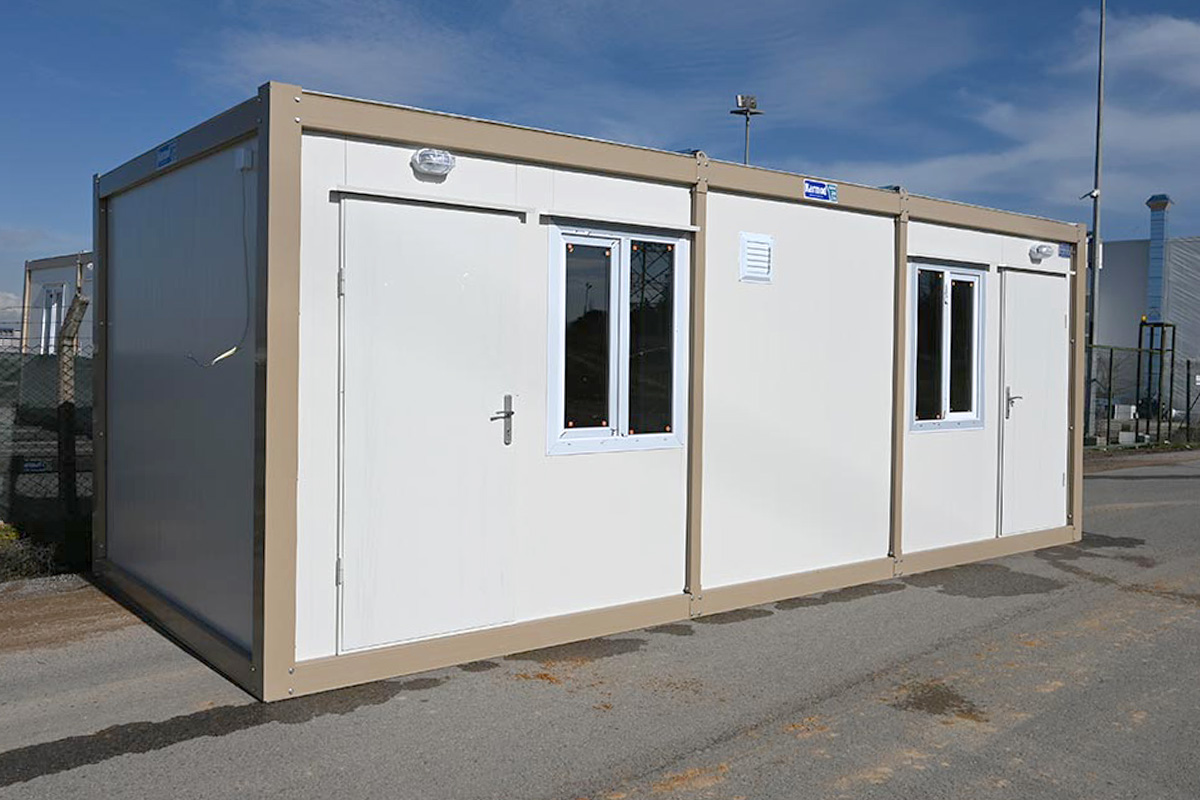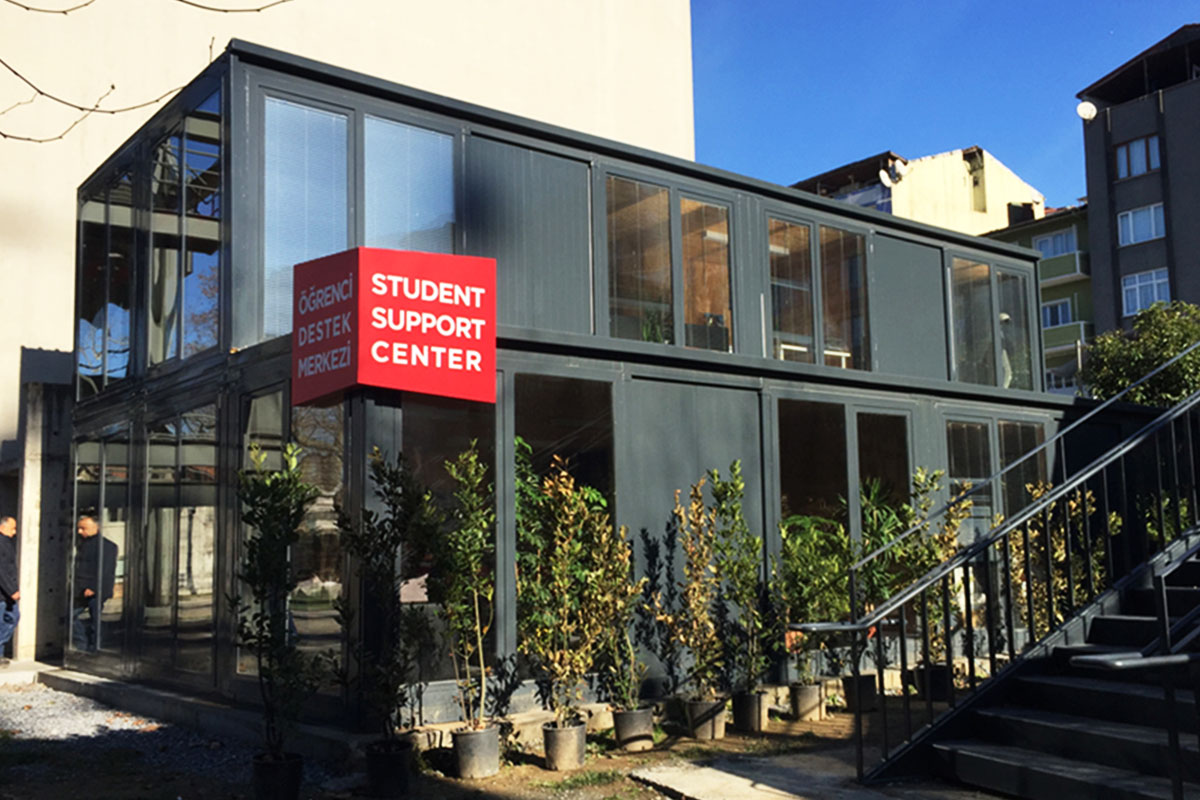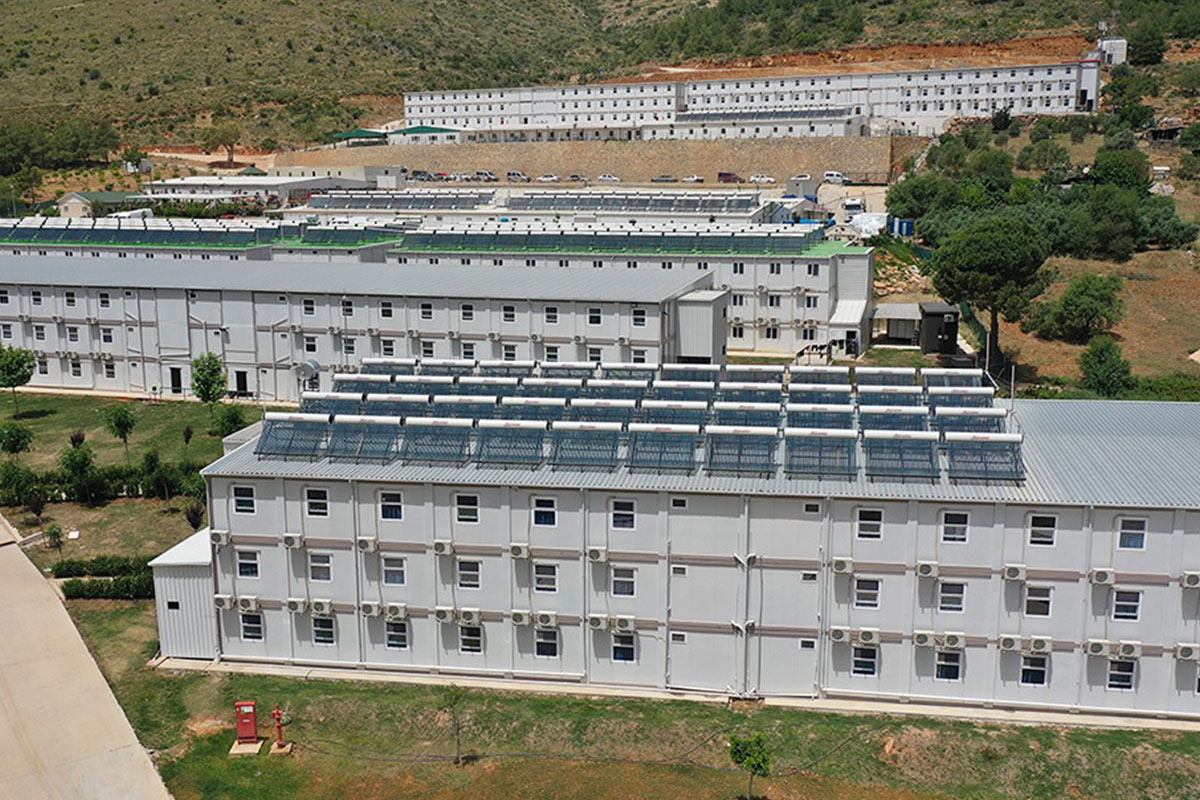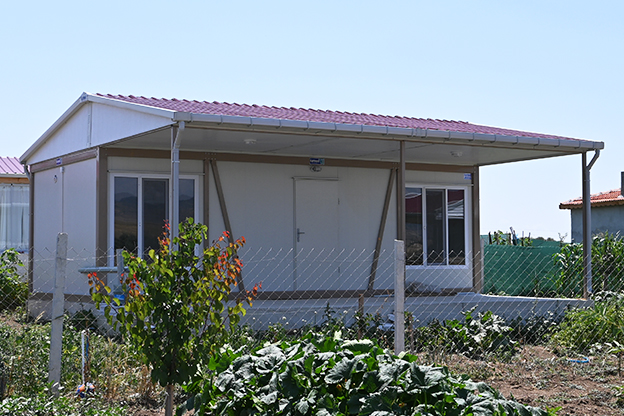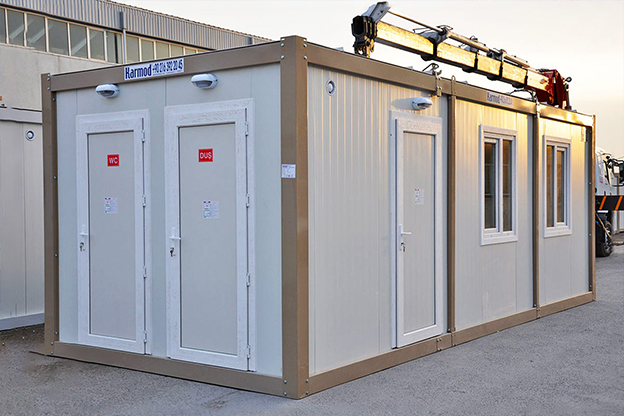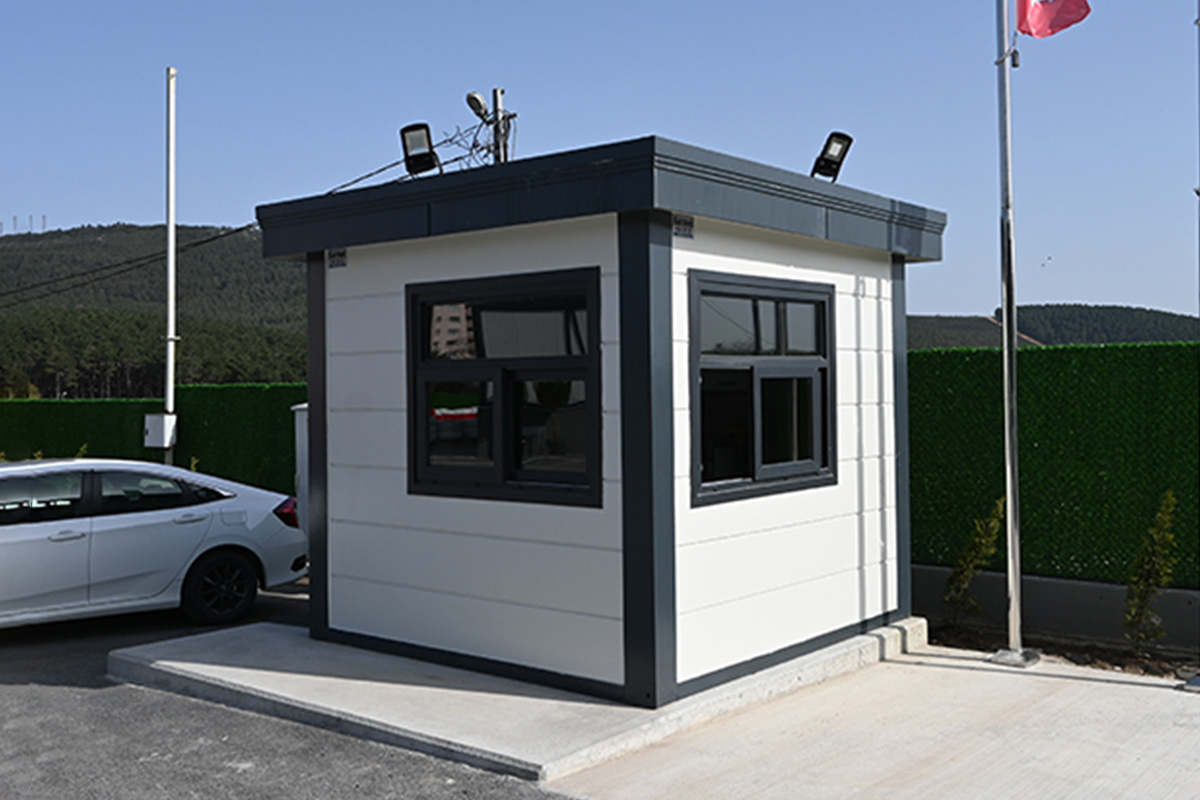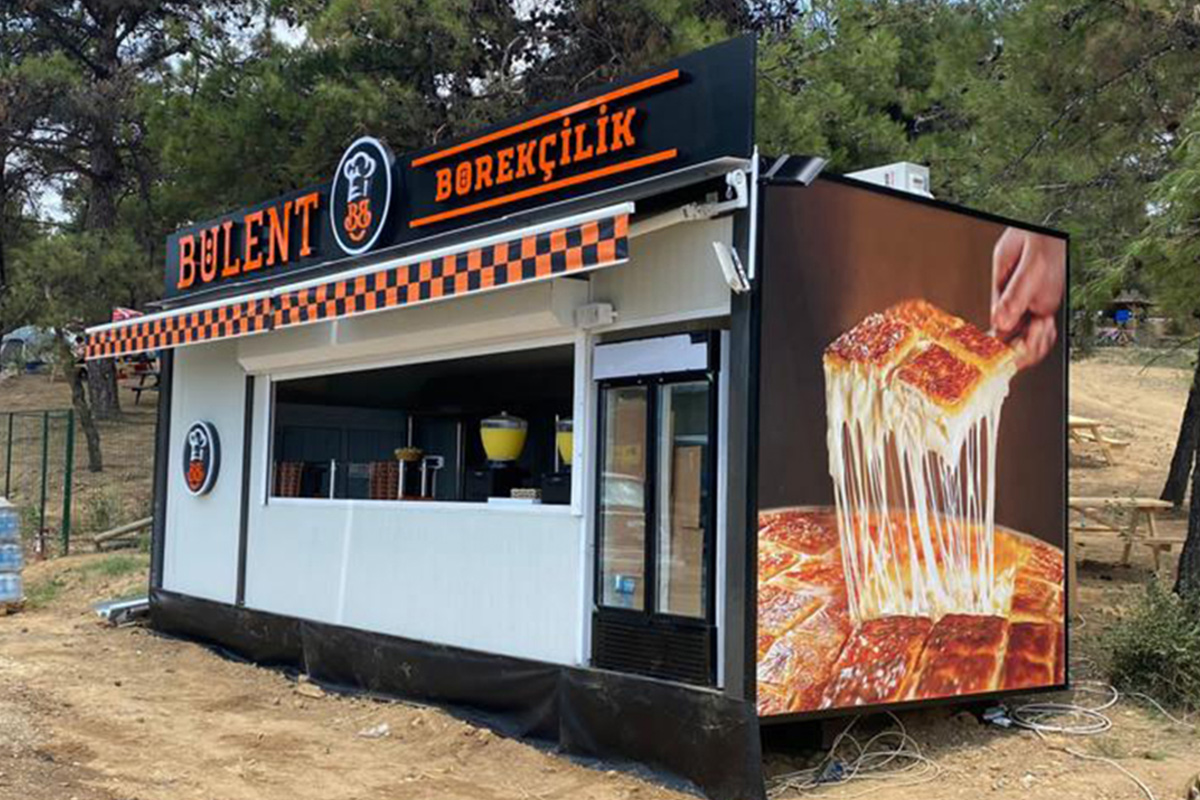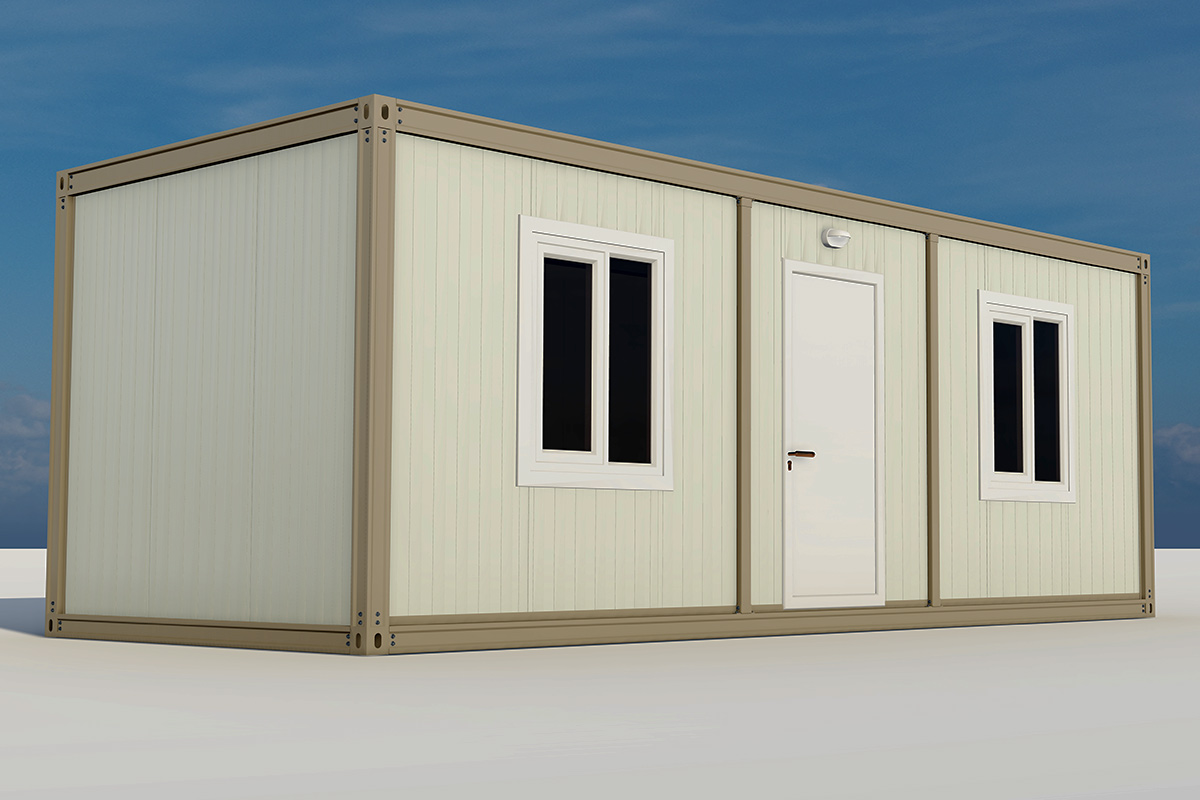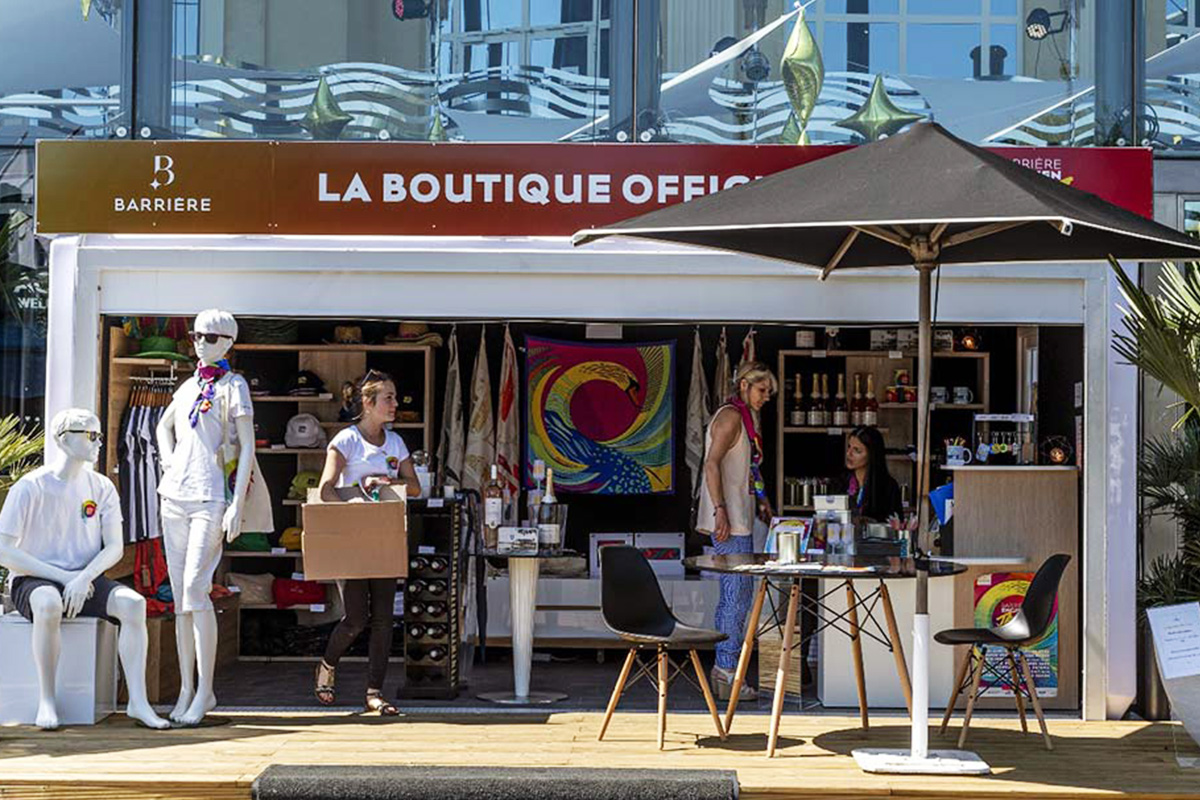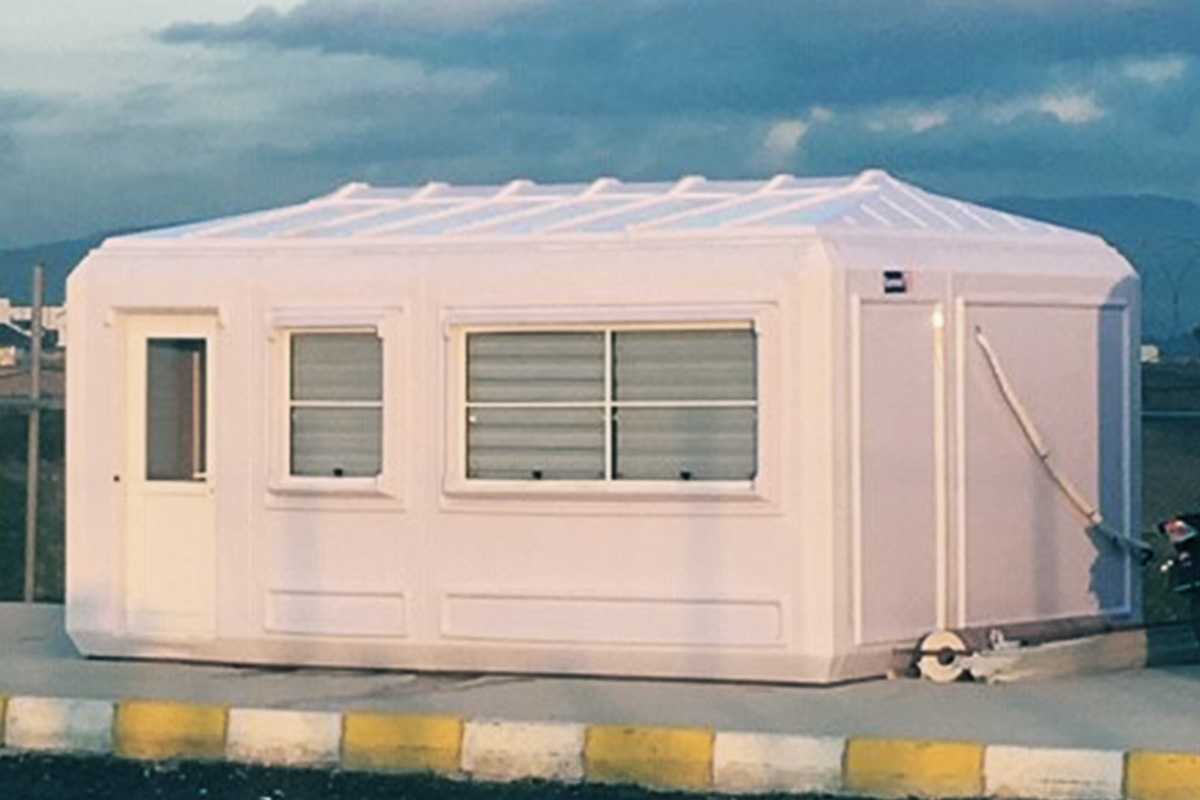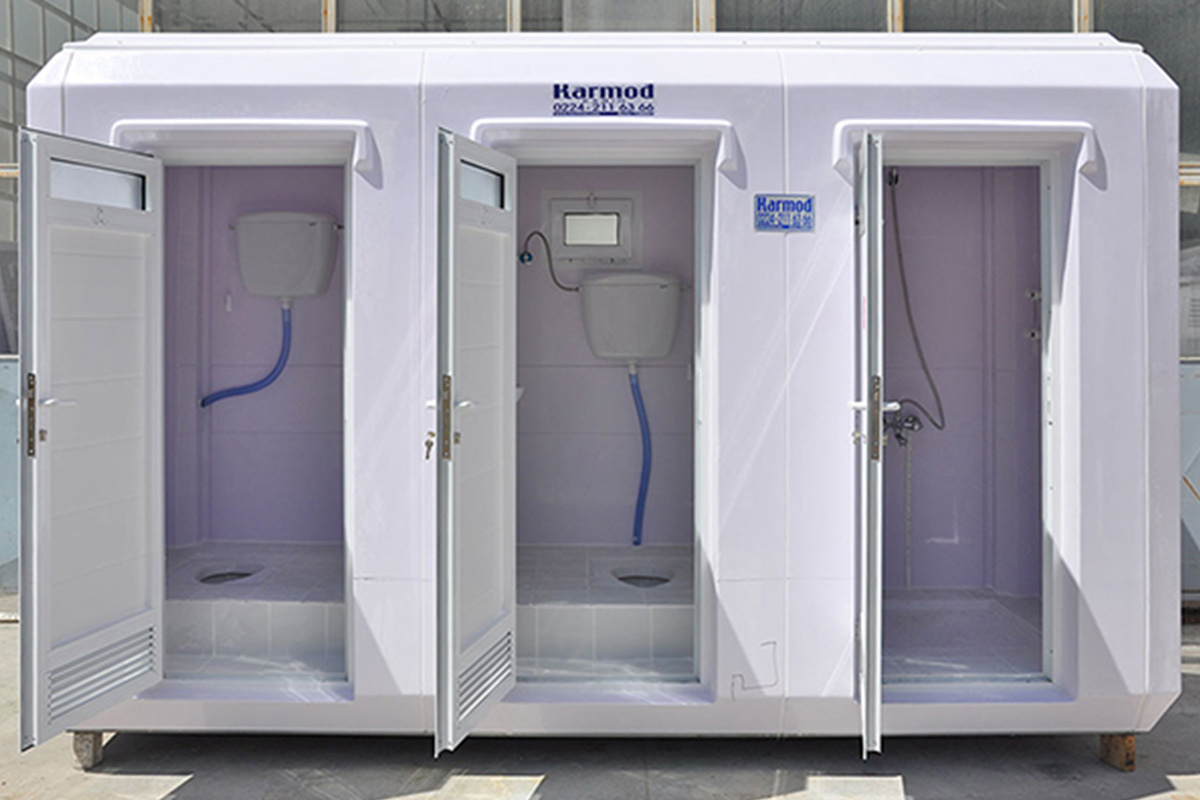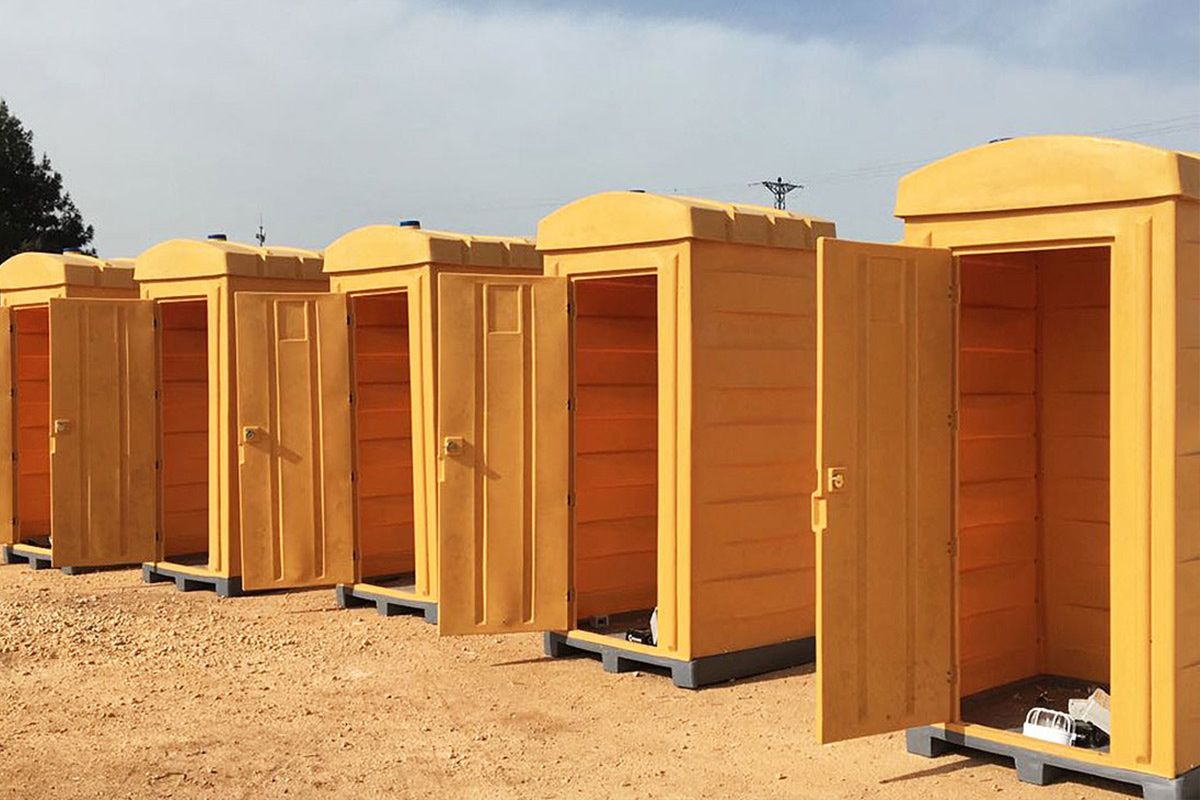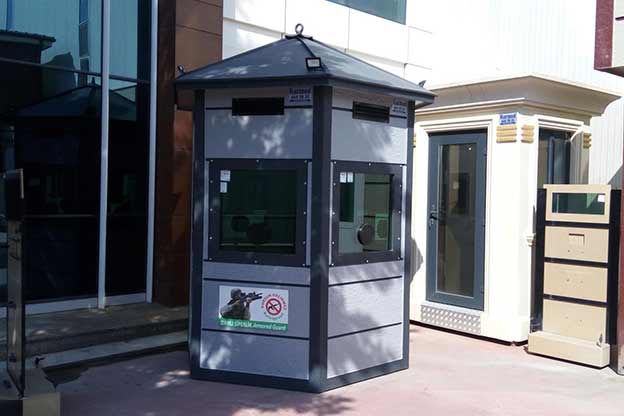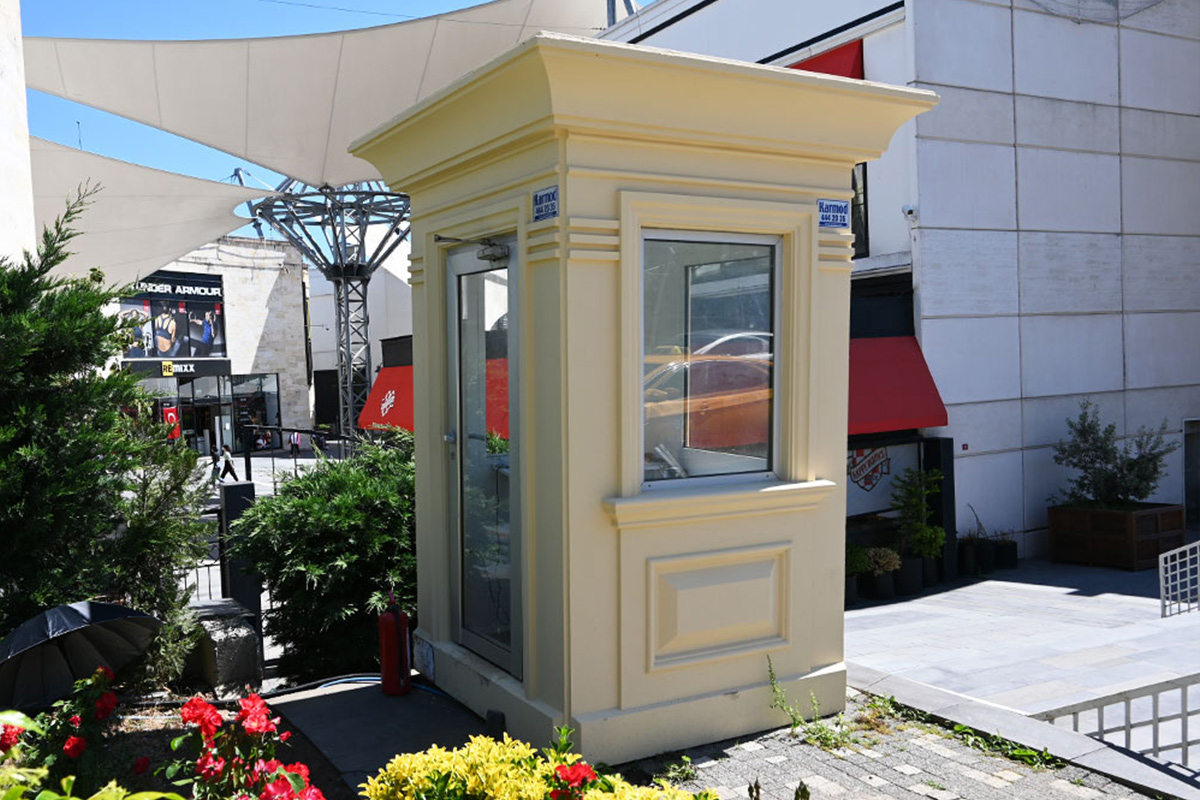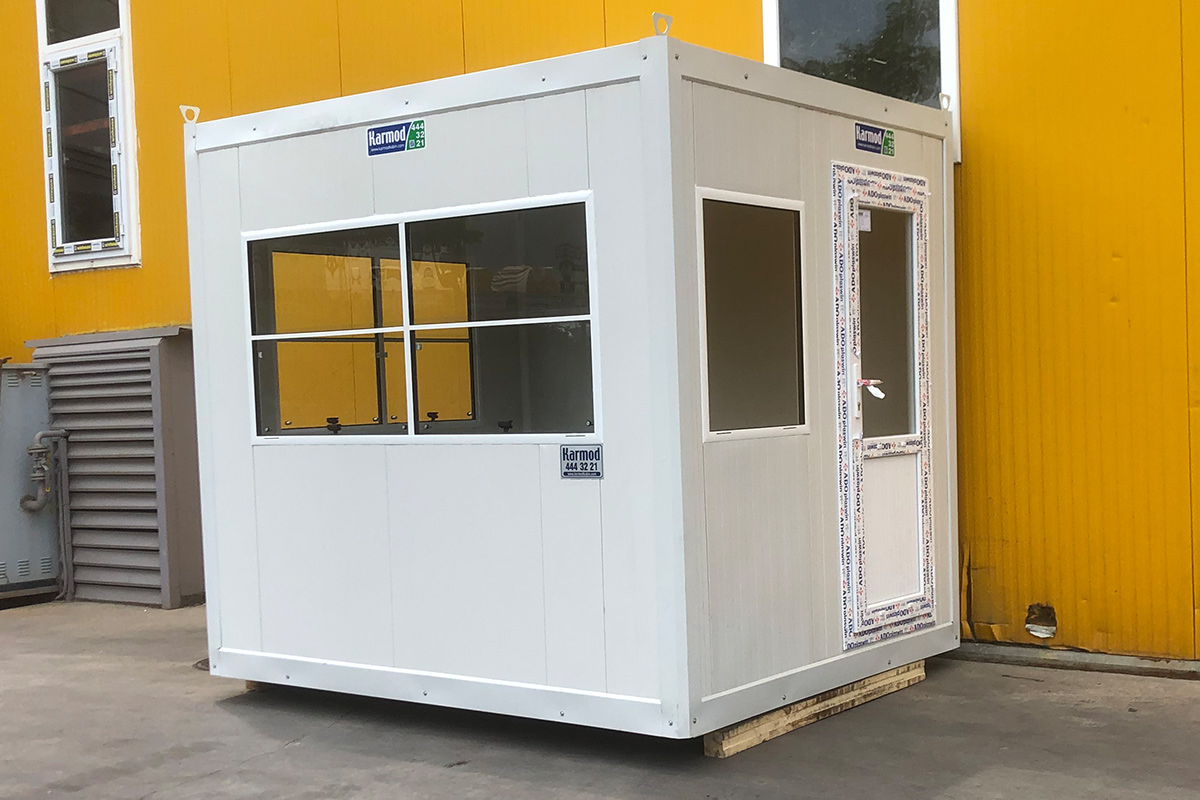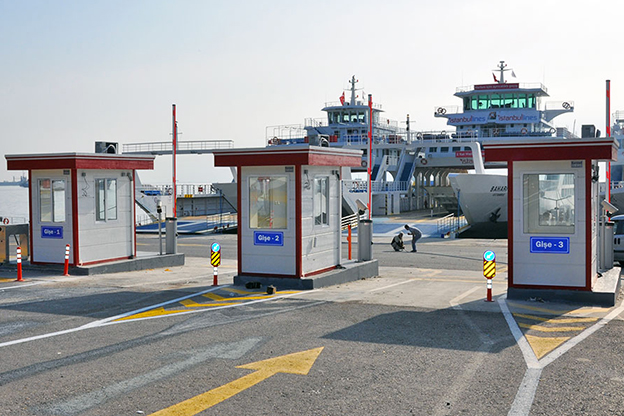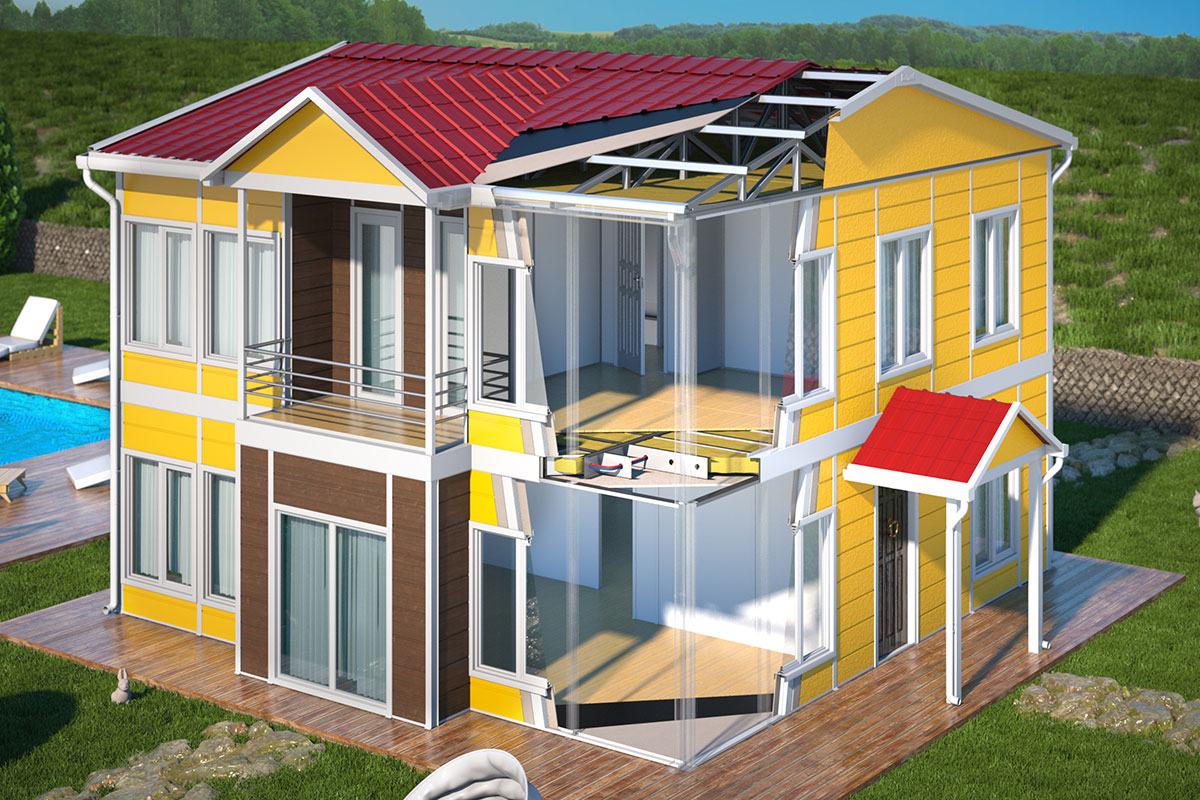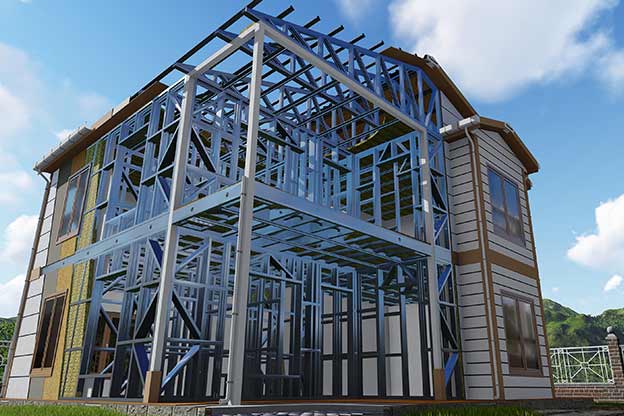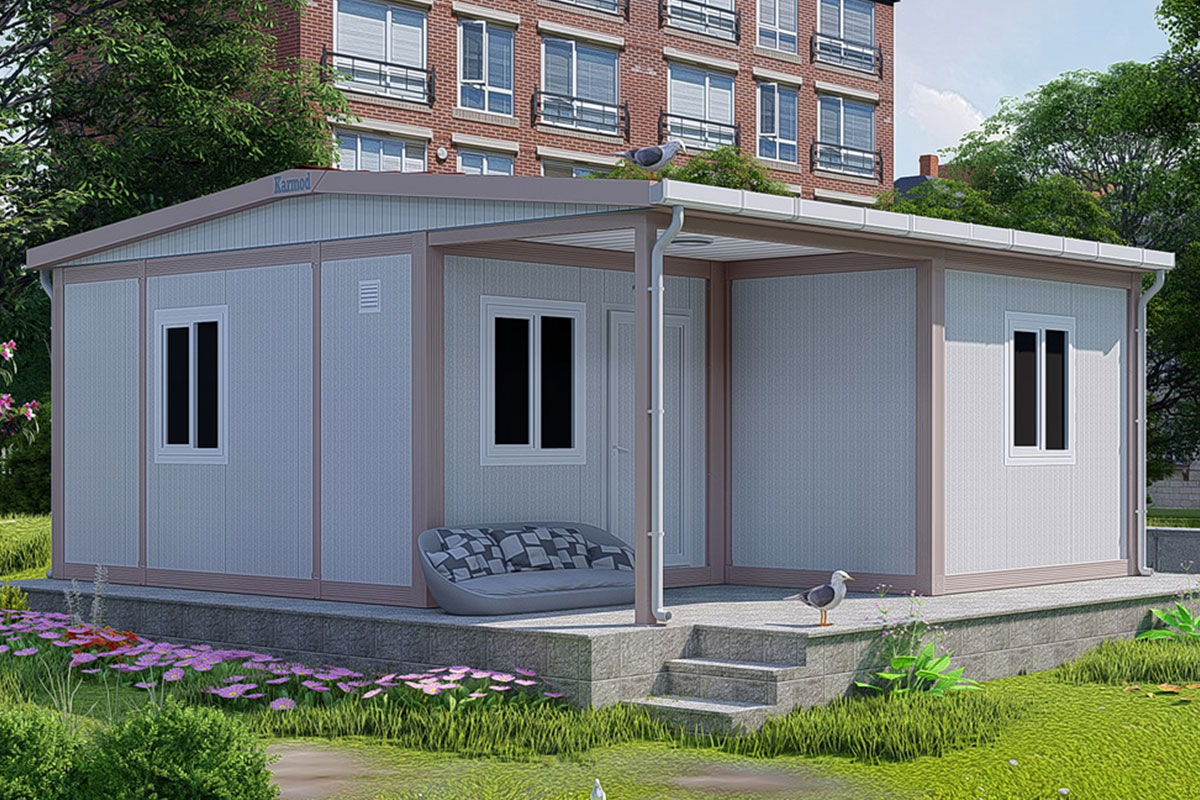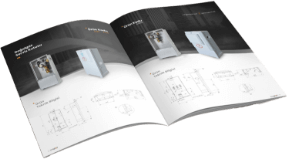Modular Market Buildings Prices
In today's fast-paced construction landscape, the rise of modular structures offers businesses, including markets, an efficient and cost-effective way to establish their premises. Here’s a breakdown of the factors that influence the pricing of these innovative structures:
Type of Market Building:
- Modular Super Market Buildings: These are typically larger in size and involve more intricate designs to cater to the varied needs of a supermarket. As a result, they might be priced higher than smaller modular market buildings.
- Modular Small Market: Smaller in scale, these are perfect for localized businesses or specialized sellers. Due to their compact nature, the costs associated with them might be lesser compared to their larger counterparts.
Customization:
- Modular Market Plan: A tailored plan, which includes customized design elements, fittings, and specialized spaces, can influence the price. The more customized the plan, the higher the cost might be.
Material & Manufacturing:
- Prefab Market: Prefabricated markets are manufactured off-site and then assembled at the desired location. The quality of materials, along with the technology used in manufacturing, can vary the price.
Installation & Transportation:
- Prefabricated Market: Given that they are primarily built off-site, transportation and installation costs can be a factor in the overall price. Proximity to the manufacturing location and accessibility of the installation site can influence this.
In summary, while modular market buildings promise a quick and efficient construction solution for businesses, their prices can vary based on size, customization, material quality, and logistics. As always, it's wise to consult with leading providers, like Karmod, to get a detailed quote tailored to specific requirements.
Modular Market Buildings Design
The world of construction is evolving, and with the rise of modular structures, markets too are reaping the benefits of swift, efficient, and contemporary designs. When it comes to the design elements of modular market buildings, several key factors set them apart:
- Innovative Architecture: Modular market buildings, whether they are modular super market buildings or modular small markets, integrate cutting-edge design with functionality. The architecture is often sleek, modern, and designed to maximize space, providing both aesthetics and practicality.
- Customization at its Best: The modular market plan offers unprecedented levels of customization. Depending on the specific needs, businesses can tailor the layout, interiors, and even exteriors. Need a spacious layout for your modular super market buildings? Or perhaps a cozy design for a modular small market? The modular approach can accommodate all.
- Sustainability and Eco-friendliness: With the global push towards sustainability, modular market buildings often incorporate eco-friendly materials and energy-efficient designs. This not only reduces the carbon footprint but can also lead to long-term savings for businesses.
- Rapid Construction and Scalability: Prefab markets are predominantly constructed off-site and then transported and assembled at the desired location. This ensures faster construction timelines and minimal on-site disruptions. Additionally, if the market ever needs to expand, modular designs can seamlessly integrate additional units, offering excellent scalability.
- Consistent Quality Control: Prefabricated market structures ensure that the majority of the construction happens in a controlled environment. This means consistent quality, reduced waste, and adherence to all safety standards.
Modular Market Buildings Projects
In the dynamic world of construction, Karmod is at the forefront, championing modular market buildings that perfectly blend form and function. These structures have been gaining significant traction in recent times due to their efficient, sustainable, and customizable nature.
When you envision modular market buildings, think of spaces that have revolutionized traditional marketplaces. These buildings are crafted meticulously off-site and assembled at the location, ensuring rapid project completion without compromising on quality. This approach not only speeds up the construction timeline but also offers a consistency that's often amiss in traditional constructions.
The scope of these projects is vast. For instance, the modular super market buildings are a testament to the flexibility and grandeur that can be achieved with modular construction. These sprawling spaces are designed to cater to a large influx of shoppers, ensuring a seamless flow and maximizing every inch of space.
But it's not just the larger markets that benefit from this modular wave. Modular small markets, with their compact and efficient designs, cater to neighborhoods and smaller communities. Their design ethos focuses on providing all the essentials within a confined space without feeling cramped.
One of the most significant advantages of opting for such structures is the ability to have a custom-tailored modular market plan. This means every detail, from the entrance to the storage areas, is planned out considering the specific requirements and target audience of the market. Prefab market structures are thus a perfect amalgamation of precision, efficiency, and aesthetics.
In addition to the traditional markets, the prefabricated market projects under Karmod's expertise also cater to specialty markets and seasonal stalls, showing the versatility of modular construction.




